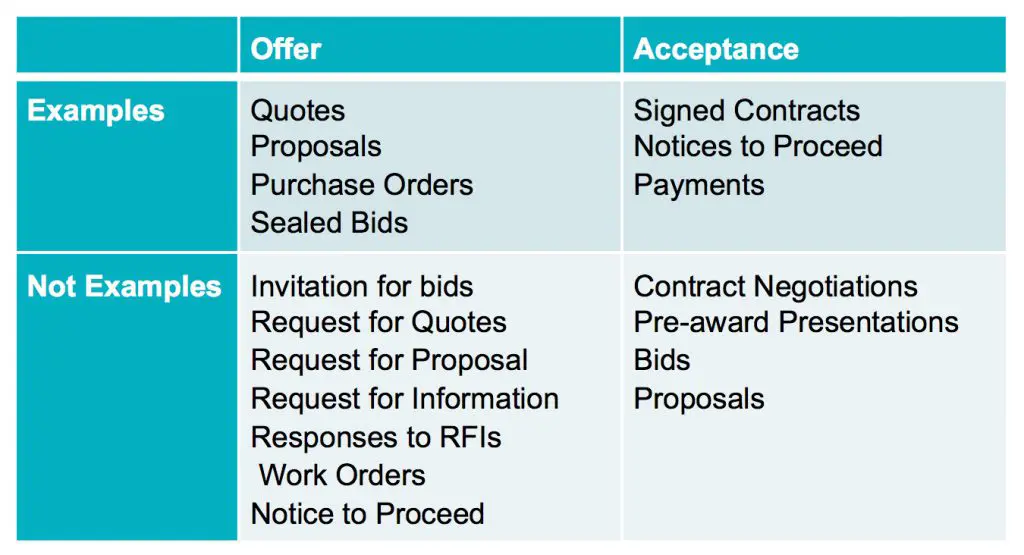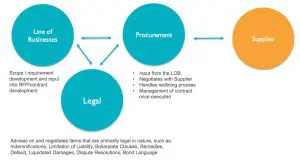Back to the Basics: Contracting 101
Contracting is one of the cornerstones of effective procurement. Every day, procurement professionals engage with contracts—drafting, negotiating, revising, or closing them. Whether you’re new to the field or an experienced professional looking for a refresher, revisiting the essentials of contracting can help strengthen your understanding and reinforce best practices.
What is a contract?
At its core, a contract is more than a document—it’s the foundation of trust and accountability in business relationships. Legally defined, a contract is a written or spoken agreement intended to be enforceable by law. It represents an understanding between two or more parties to take—or refrain from taking—specific actions, along with the consequences that follow if those commitments aren’t upheld.
In essence, a contract is a formal expression of bargained-for risk. For an agreement to be legally binding, three key elements must be present:
1. Mutual Assent: All parties must share a clear and common understanding of the subject matter and terms of the contract.
2. Offer and Acceptance: One party must communicate a definitive offer, and the other must accept that offer in clear and unambiguous terms.
3. Consideration: Each party must agree to give up something of value in exchange for a benefit. This exchange—often money, goods, services, or promises—is what differentiates a legally binding contract from a mere agreement.
Roles During the Contracting Process
Procurement sits at the heart of contract management, overseeing the creation, execution, and lifecycle of contracts. This responsibility includes coordinating with all stakeholders—business units, suppliers, and legal counsel—assisting with drafting and redlining, and ensuring contracts are properly executed by the appropriate parties. The diagram below illustrates the dynamic interplay among these stakeholders.
Mastering the Fundamentals of Contracting
For a Procurement team to succeed, mastering the fundamentals of contracting is essential. A strong understanding of the contracting process ensures efficiency, strengthens supplier negotiations, and reduces organizational risk. Without these basics, contracts may be inefficient, negotiations can become challenging, and poorly structured agreements could expose the business to significant financial loss.
To learn more about how we can support your development in contracting and other key procurement areas, reach out to our team today.





